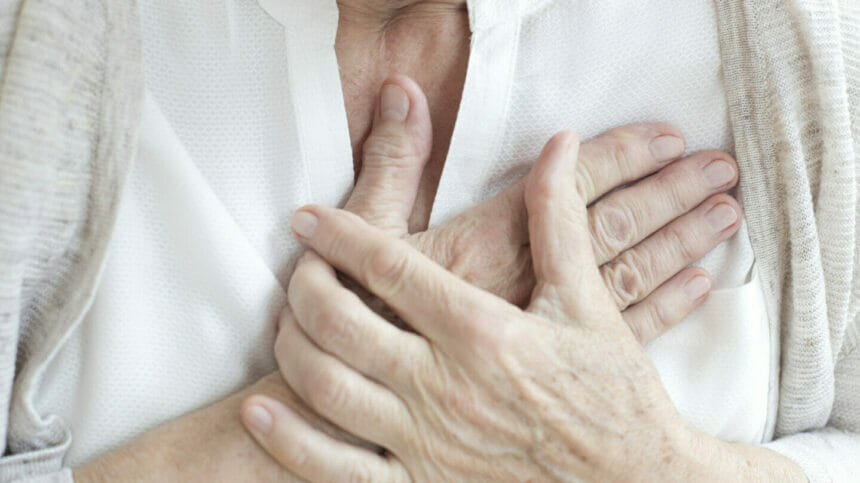
Too much of the B vitamin niacin can increase inflammation and damage blood vessels, according to a study published Monday in Nature Medicine.
Investigators looked at fasting blood samples from about 1,200 people who went to Vanderbilt University Medical Center. The people were assessed for heart disease.
A substance called 4PY, which is only made when there’s too much niacin in your body, was in some of the blood samples. That’s when researchers launched two other validation studies to learn more.
The team evaluated data from more than 3,000 people who had heart disease or were thought to have it. The studies were conducted in the United States and Europe. Researchers found that 4PY levels showed the future risk of having heart attack, stroke or dying.
Investigators also conducted experiments in mice. The scientists injected 4PY into the mice, and noted that inflammation went up after it was introduced.
“The average person should avoid niacin supplements now that we have reason to believe that taking too much niacin can potentially lead to an increased risk of developing cardiovascular disease,” Stanley Hazen, MD, the senior study author and chair of cardiovascular and metabolic sciences at the Cleveland Clinic’s Lerner Research Institute, told NBC News and which was reported on HealthDay.
Men should get 16 milligrams per day of niacin and women should get 14 milligrams a day if they’re not pregnant, according to the Mayo Clinic.
Amanda Doran, PhD, an assistant professor of medicine in the division of cardiovascular medicine at the Vanderbilt University Medical Center, was surprised to learn that niacin could increase the risk for heart disease.
“I don’t think anyone would have predicted that niacin would have been pro-inflammatory,” she told NBC News. “This is a powerful study because it combines a variety of techniques: clinical data, genetic data and mouse data.”
Robert Rosenson, MD, director of metabolism and lipids for the Mount Sinai Health System in New York City, told NBC News that he hopes the food industry will “stop using so much niacin in products like bread. This is a case where too much of a good thing can be a bad thing.”
The findings could have an impact on dietary recommendations for niacin, Rosenson added.



